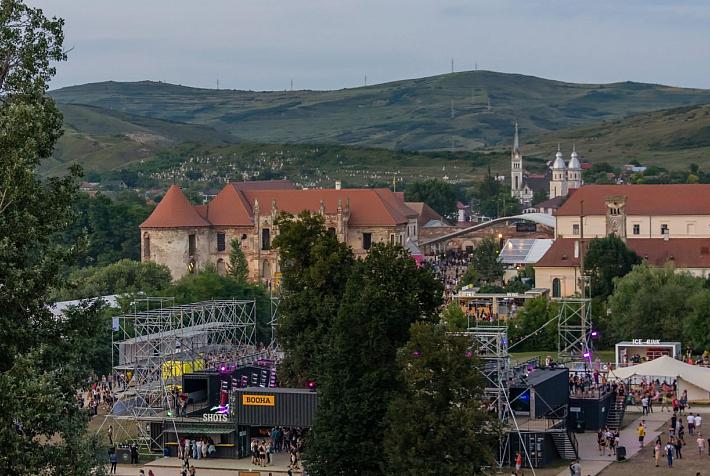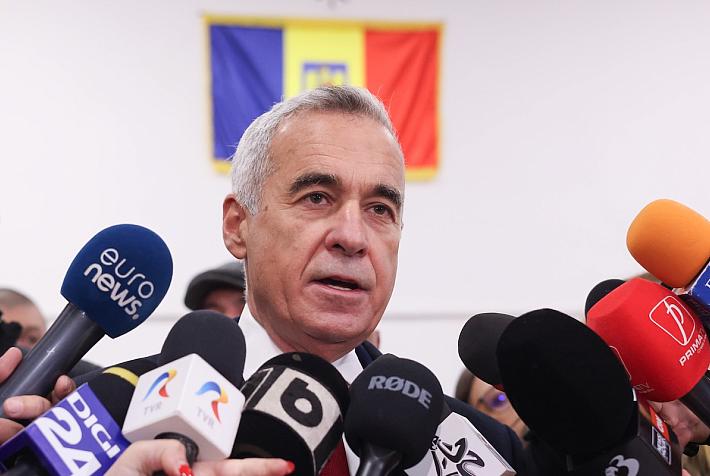S&P: Romania ranks low among emerging EU countries on public pensions systems

 Romania currently has the most unsustainable public pensions system among all the emerging economies in the EU, according to a report issued by international rating agency Standard&Poor’s.
Romania currently has the most unsustainable public pensions system among all the emerging economies in the EU, according to a report issued by international rating agency Standard&Poor’s.
The Romanian public pensions system will see an increase in pension expenses by 6.4 percentage points of the GDP in the following decades, from a current 8.4 percent of the GDP, to 14.8 percent of the GDP in 2050. The estimation takes into account the pay-as-you-go system, not the non-contributive pensions – special pensions, agriculture pensions, minimum pensions.
The S&P analysis covers 49 countries which include over two thirds of the global population. Romania ranks low on all sustainability tops and got the last place in the top of emerging EU economies.
“On the other side of the spectrum, Ukraine, Russia, Romania, and Brazil are expected to post the highest projected increases in pension costs, mainly due to their unreformed pension systems. Romania is tackling the problem through pension reforms in the context of an IMF/EU program currently in place, which is not yet incorporated in the current pension projections, however,” wrote the report.
“The analysis is a wake up call on the need to accelerate reforms in the state pensions systems, especially in countries like Romania. The excess and mistakes of the past have brought the public system to a dead end, basically in technical bankruptcy, and the bad news is the demographics are even more worrying,” said Crinu Andanut, president of the Association for Privately Managed Pensions.
At the other end of the spectrum among Europe's emerging states is Poland, which reformed its pensions systems 12 years ago when it introduced a strong mandatory private pensions system, with 7.3 percent contributions, which was left to work, Andanut went on. Polish funds currently manage EUR 50 bln in assets, which is 15 percent of their country's GDP.
editor@romania-insider.com











